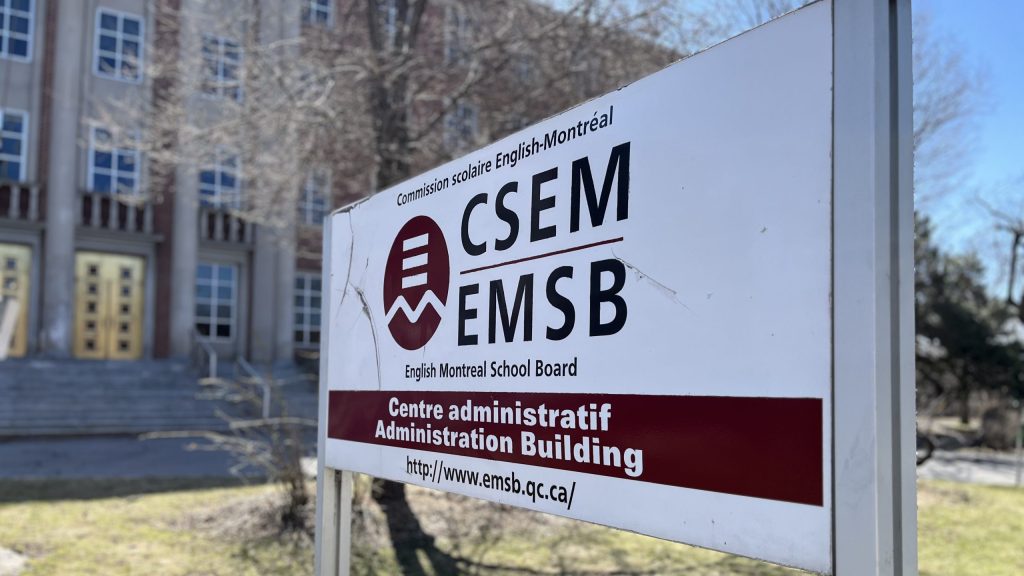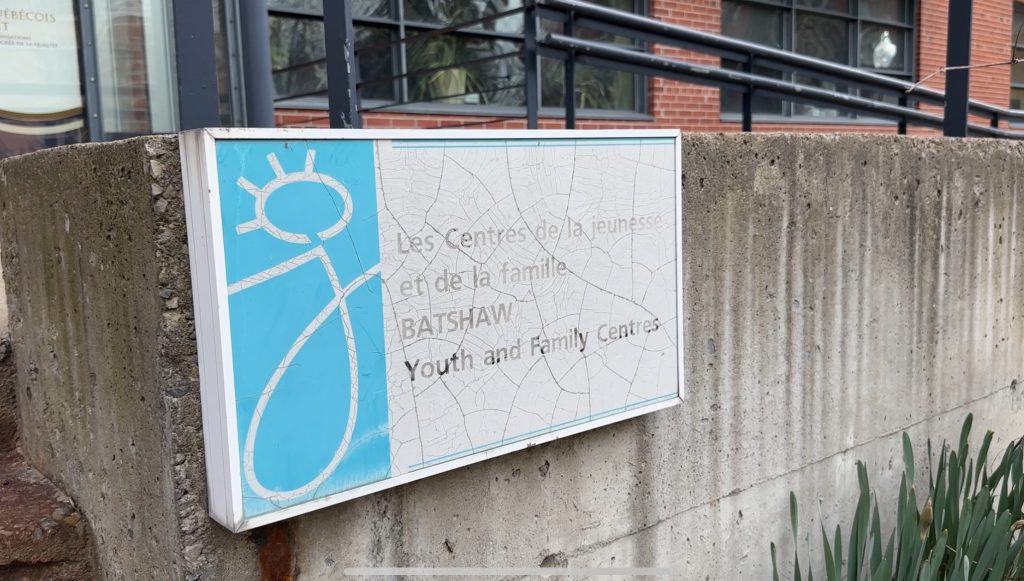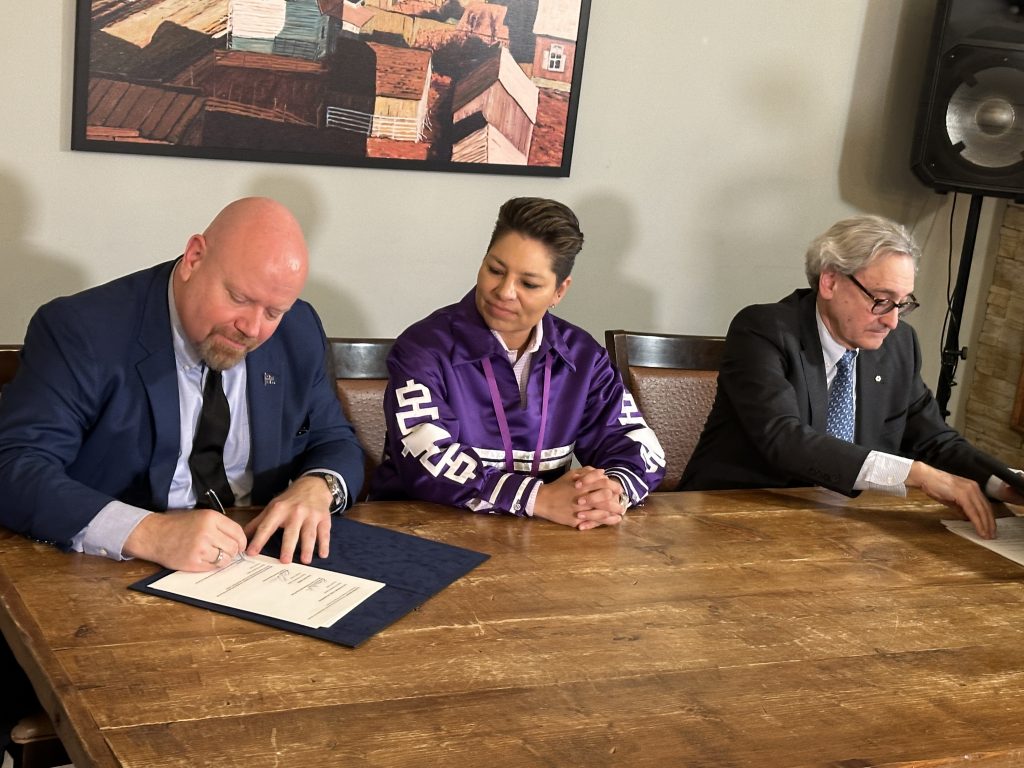Experts call for more prevention against femicides in Quebec, after two deaths in 24 hours
Posted February 22, 2022 10:35 am.
Last Updated February 22, 2022 10:53 am.
Quebec with two possible femicides within 24 hours and organizations that work with victims of intimate partner violence say more needs to be done to avoid 2022 becoming as deadly as 2021 – when 26 women died in the province.
“You don’t need only shelters and services for victims, you need to prevent the crimes by getting the perpetrators at the right place,” said Gaëlle Fédida, provincial coordinator for Second Stage Alliance MH2. “You need to prevent the crime by having some more coherence between the different legal set of laws.”
MORE:
- Laval police investigate possible femicide, could be second in 24 hours in Quebec
- Quebec invests $3.1 million to help police fight intimate partner violence
Police in Laval are investigating the deaths of Maria Cristovao, 71, and Joao Marques, 75, as a murder-suicide.
They say the couple’s son called 911 shortly after 7:30 p.m. Saturday, after finding the bodies of his parents in their Duvernay home.
Late Friday afternoon, another couple was found dead in their Dunham residence, about 100 km south-east of Montreal. Provincial police believe the deaths of Patrizia Rao, 59, and Frederic-Lynn Blair, 62, were also the result of a homicide, followed by a suicide.
Experts say it’s important to keep an eye open for signs of intimate partner violence.
“If the woman starts to be more alone, that she can’t go out with friends, when she wants, she can’t speak on the phone etc, I mean these are really signs,” adds Fédida.
She says 12 per cent of women above the age of 50 utlizie MH2’s second stage housing.
#WATCH: "You don’t need only shelters and services to victims you need to prevent the crimes," says Gaelle Fedida, provincial coordinator for @AllianceMH2 on femicides in Quebec. Police are investigating what could be two femicides that occurred in the province within 24 hours. pic.twitter.com/hNgMGx7C2j
— Brittany Henriques (@BritHenriques) February 22, 2022
Research from Lyse Montminy, professor at l’École de travail social de l’Université de Montréal, specializing in domestic violence, shows seniors in particular, often experience psychological abuse for numerous years – and denouncing that abuse can be very difficult.
“I think one point is about the dependence. When you get sick and you know the person assisting you is someone abusive [towards] you, then it is really, really, an issue,” said Fédida. “We really recommend that social services are trained and sensitized to detect the sign of domestic abuse.”
If you need help, reach out. Call SOS violence conjugal 24/7 at 1-800-363-9010.
If you fear you may become violent towards your partner, call PRO-GAM for an appointment at 514-270-8462.



